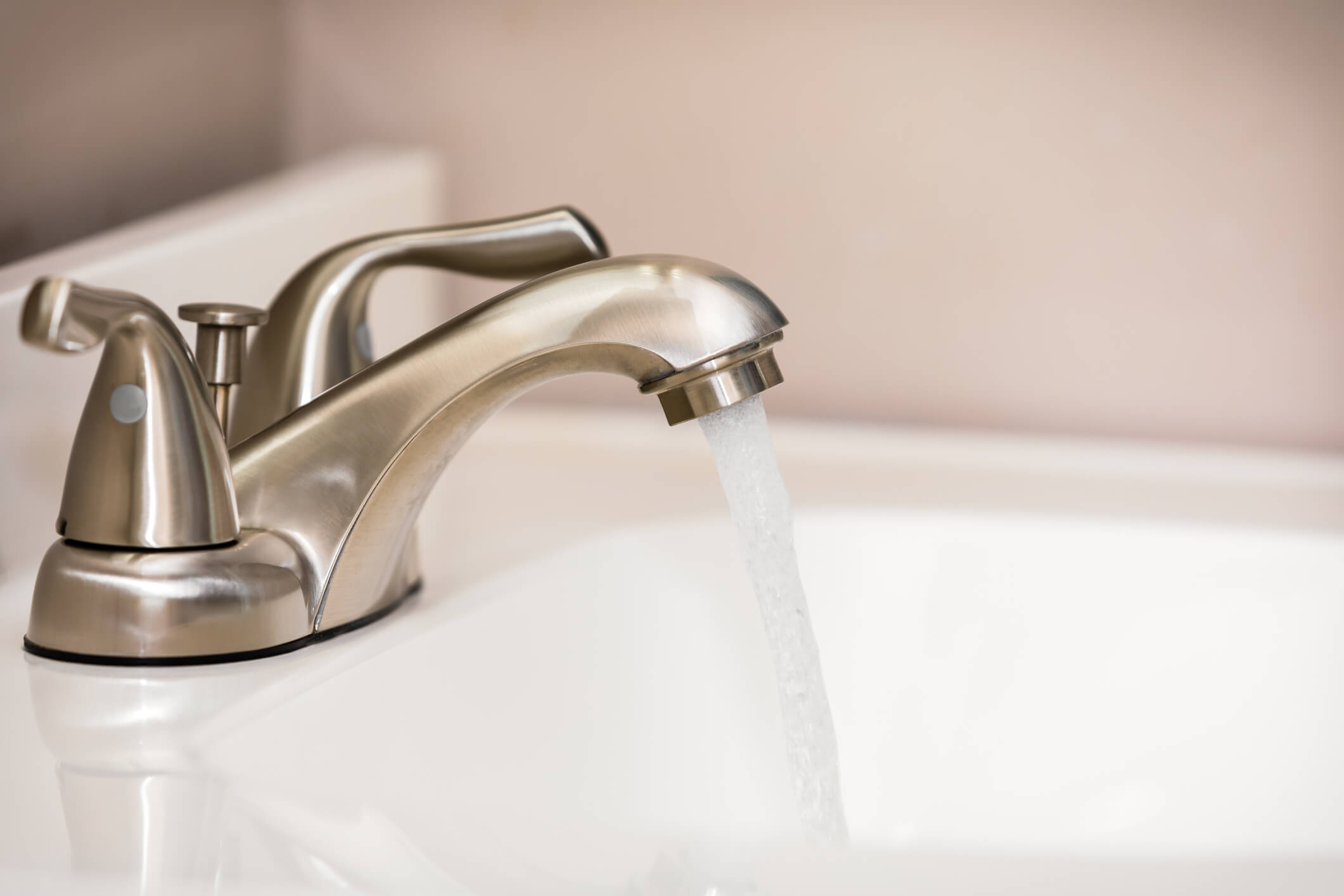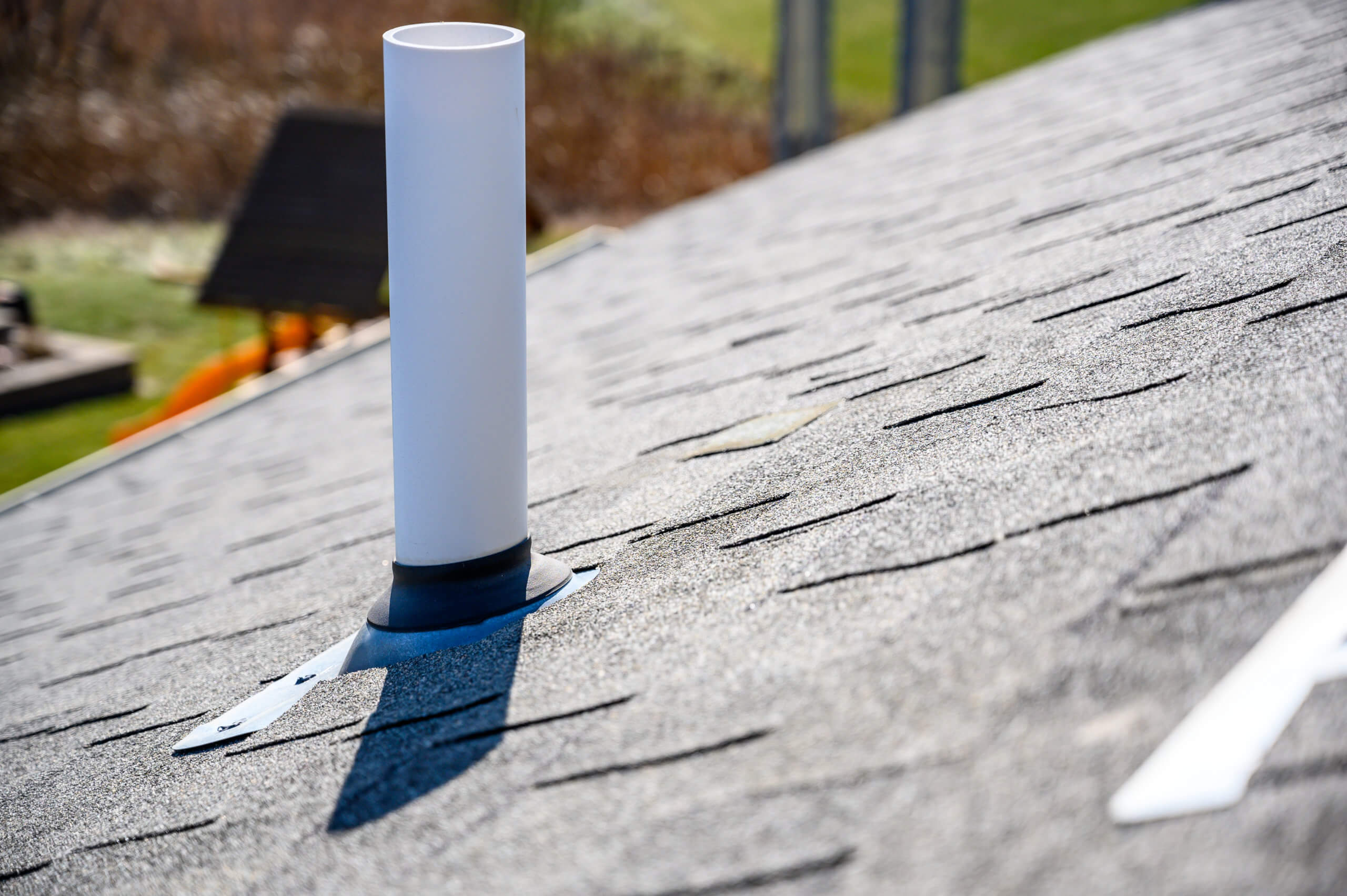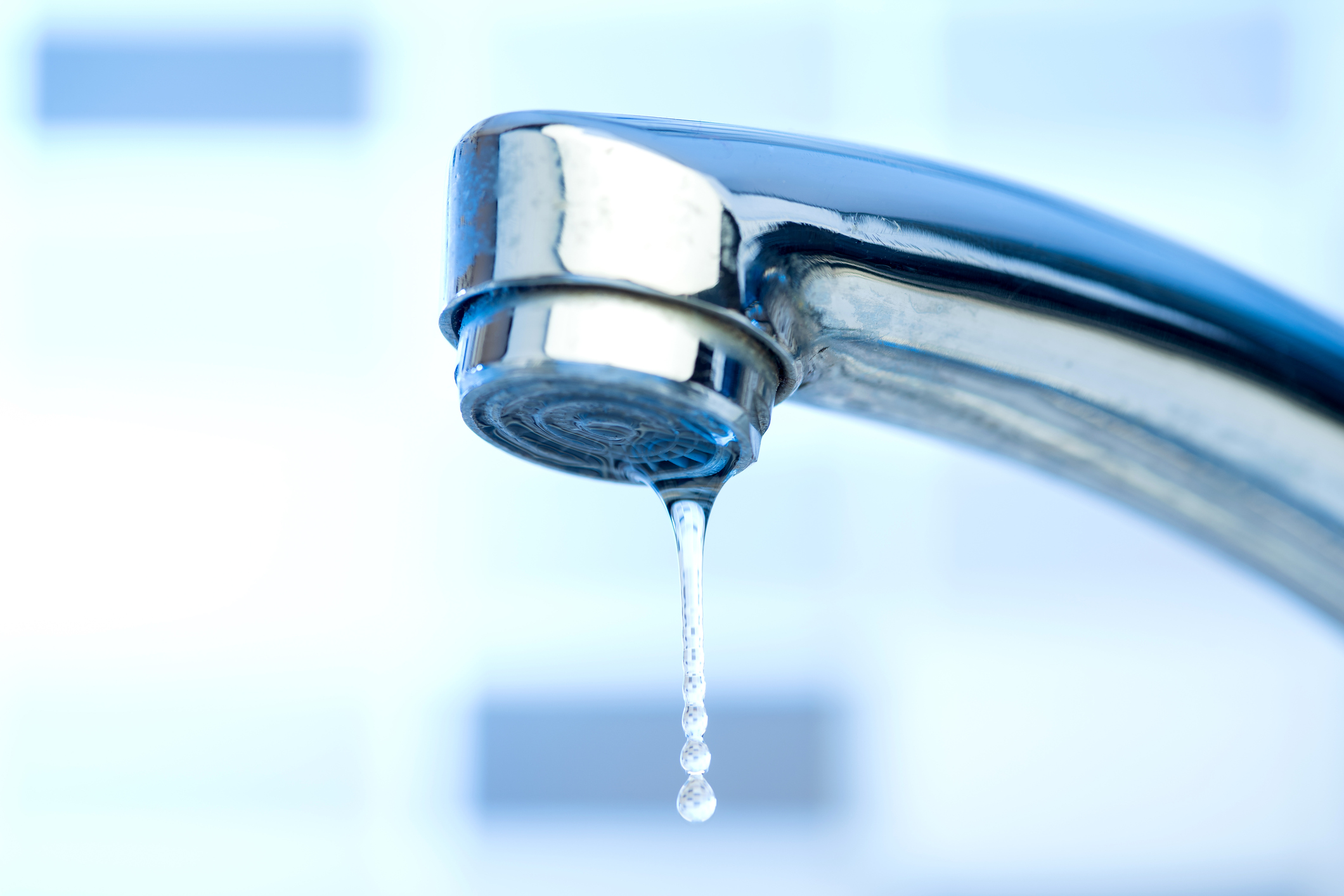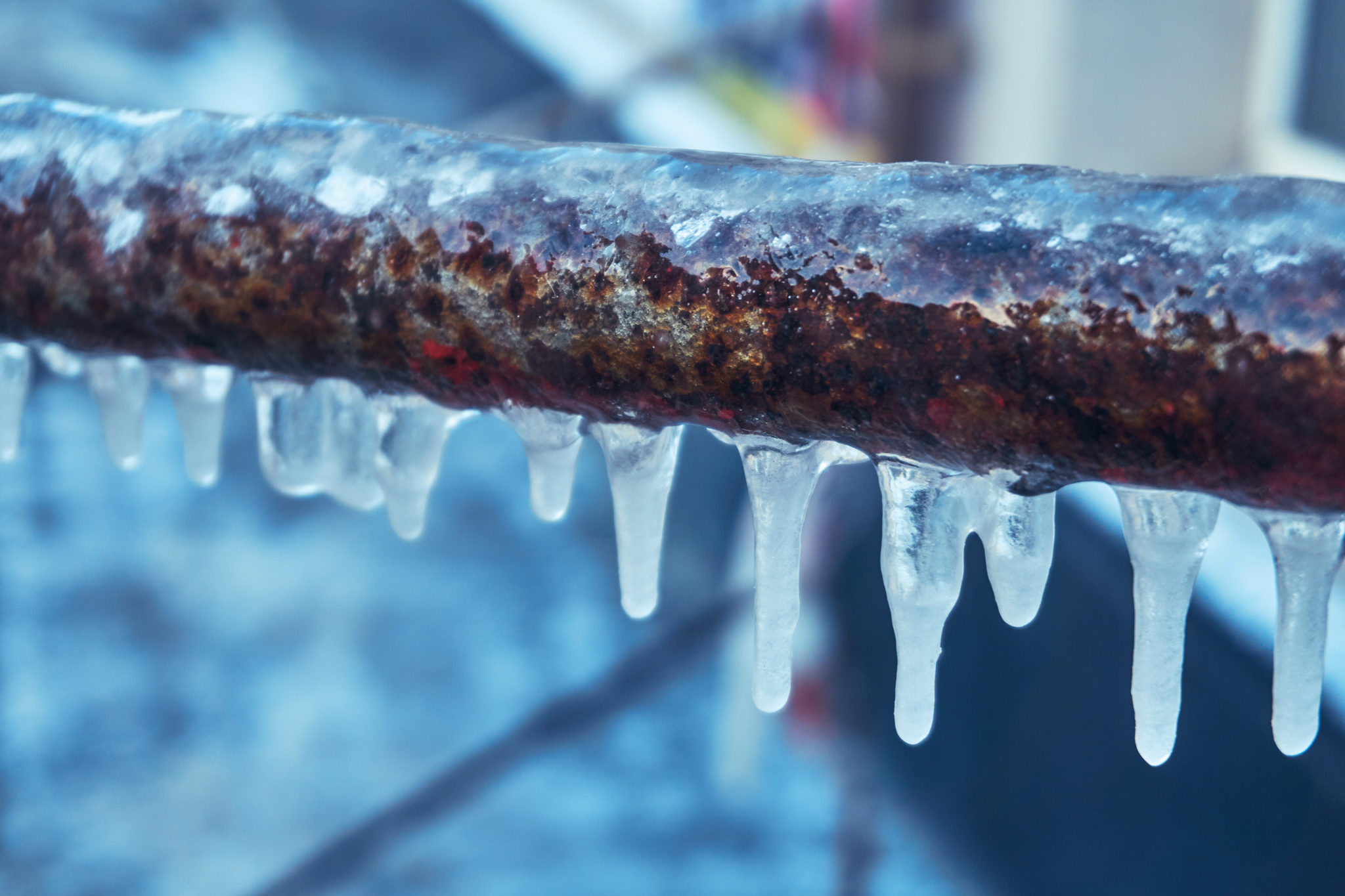10 Factors That Affect Water Quality
Water quality is a fundamental aspect of ensuring a healthy and comfortable living environment. At Plumb-All, a seasoned plumbing and septic company with over two decades of experience in Jonesboro, Georgia, we recognize the significance of clean and safe water for you and your family. Join us as we explore the key elements that influence the quality of your water and gain valuable insights to help you preserve the purity of your water supply.
Top Factors Influencing Water Quality
1: Water Source
The origin of your water plays a pivotal role in determining its quality. Whether it comes from surface water sources such as rivers, lakes, or reservoirs, or from groundwater sources like wells, the mineral content, pollutants, and contaminants can vary. Understanding the source of your water is the first step in assessing potential water quality issues.
2: Treatment Procedures
Municipal water treatment facilities employ a range of processes to purify water before it reaches your home. These processes typically involve filtration, chlorination, and disinfection. Adequate treatment is crucial to eliminate harmful pathogens and impurities that could impact water quality.
3: Pipe Material and Age
The pipes responsible for conveying water to your residence can significantly influence its quality. Older pipes constructed from materials such as lead, galvanized steel, or copper may leach contaminants into the water. In contrast, modern pipes made from materials like PVC or PEX are less likely to affect water quality. Regular inspections and maintenance are key to identifying potential issues.
4: Corrosion and Scaling
Corrosion and scaling within the plumbing system can alter the taste, odor, and appearance of the water. Corroded pipes may release heavy metals like lead or copper, jeopardizing water safety. Proper water treatment and addressing corrosion issues within the plumbing system are essential for maintaining water quality.
5: Chlorine and Disinfection Byproducts
Chlorine is commonly utilized to disinfect water and eliminate harmful microorganisms. However, the reaction of chlorine with organic matter can result in the formation of disinfection byproducts (DBPs), which may have potential health implications. Regular water testing can identify the presence of DBPs.
Did you know? The Environmental Protection Agency (EPA) regulates over 90 contaminants in public drinking water systems. Regular testing is the only way to ensure your water meets these safety standards, especially if you rely on a private well.
6: Nitrates and Contaminants
Nitrates, often originating from agricultural runoff, and contaminants like pesticides and industrial chemicals can infiltrate water sources. These substances can pose health risks, particularly for infants and pregnant women. Regular testing and proper treatment are essential to address these concerns.
7: Hardness and Minerals
Water hardness, caused by minerals such as calcium and magnesium, can affect water quality and lead to issues like scale buildup in appliances and pipes. While not a health concern, addressing water hardness can enhance the efficiency of your plumbing system and appliances.
Signs of Hard Water
- Scale buildup on fixtures and appliances
- Spots on dishes and glassware
- Reduced soap lathering
- Dry skin and hair after bathing
- Increased energy costs from inefficient appliances
Hard Water Solutions
- Water softeners
- Scale inhibitors
- Regular cleaning of fixtures
- Specialized soaps for hard water
- Whole-house filtration systems
8: pH Levels
The pH level of water indicates its acidity or alkalinity. Water with extreme pH levels can impact taste, corrosion potential, and the effectiveness of treatment processes. Maintaining proper pH levels ensures optimal water quality and system performance.
Pro Tip: The ideal pH range for drinking water is between 6.5 and 8.5. Water outside this range can cause metallic tastes, staining, and may even damage your plumbing system over time. Simple home test kits can help you monitor your water's pH level.
9: Presence of Sediment and Particles
Sediment, particles, and debris in water can affect its clarity and quality. Proper filtration systems can eliminate these impurities and improve the overall appearance and taste of your water.
10: Cross-Connections and Backflow Prevention
Cross-connections, where non-potable water sources come into contact with the potable water supply, can introduce contaminants. The installation and maintenance of backflow prevention devices can safeguard against potential contamination.
Safeguarding Water Quality
To guarantee the provision of clean and safe water for your household, consider the following measures:
Essential Water Quality Maintenance Steps
- Regular Testing: Schedule periodic water quality testing to identify any issues and take appropriate actions.
- Water Treatment: Install suitable water treatment systems tailored to your water source and specific concerns.
- Proper Plumbing Maintenance: Regularly inspect and maintain your plumbing system to prevent corrosion, leaks, and contamination.
- Filter Replacement: Change water filters according to manufacturer recommendations to ensure optimal performance.
- Professional Inspections: Have your water system professionally evaluated annually to catch potential issues early.
Reach Out to Plumb-All for Expert Guidance
At Plumb-All Plumbing, we are committed to assisting you in preserving optimal water quality for your home. If you have inquiries about water quality or require professional plumbing services, please do not hesitate to contact us at (770) 914-3877.
Decided that we're the right fit for you?
Call us at 844 PLUMB-ALL


